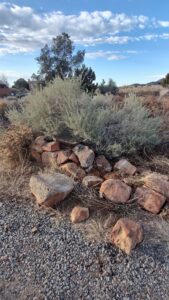This will be my last podcast…of 2024! I’m talking about a cool goal-setting trick, what I noticed about taking time off and aggressive well-refilling in general, feeling that creative impulse and looking to the year ahead.
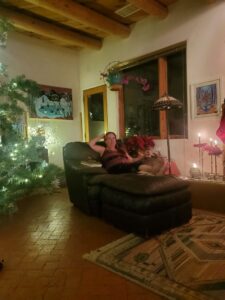
RITA ® Award-Winning Author of Fantasy Romance
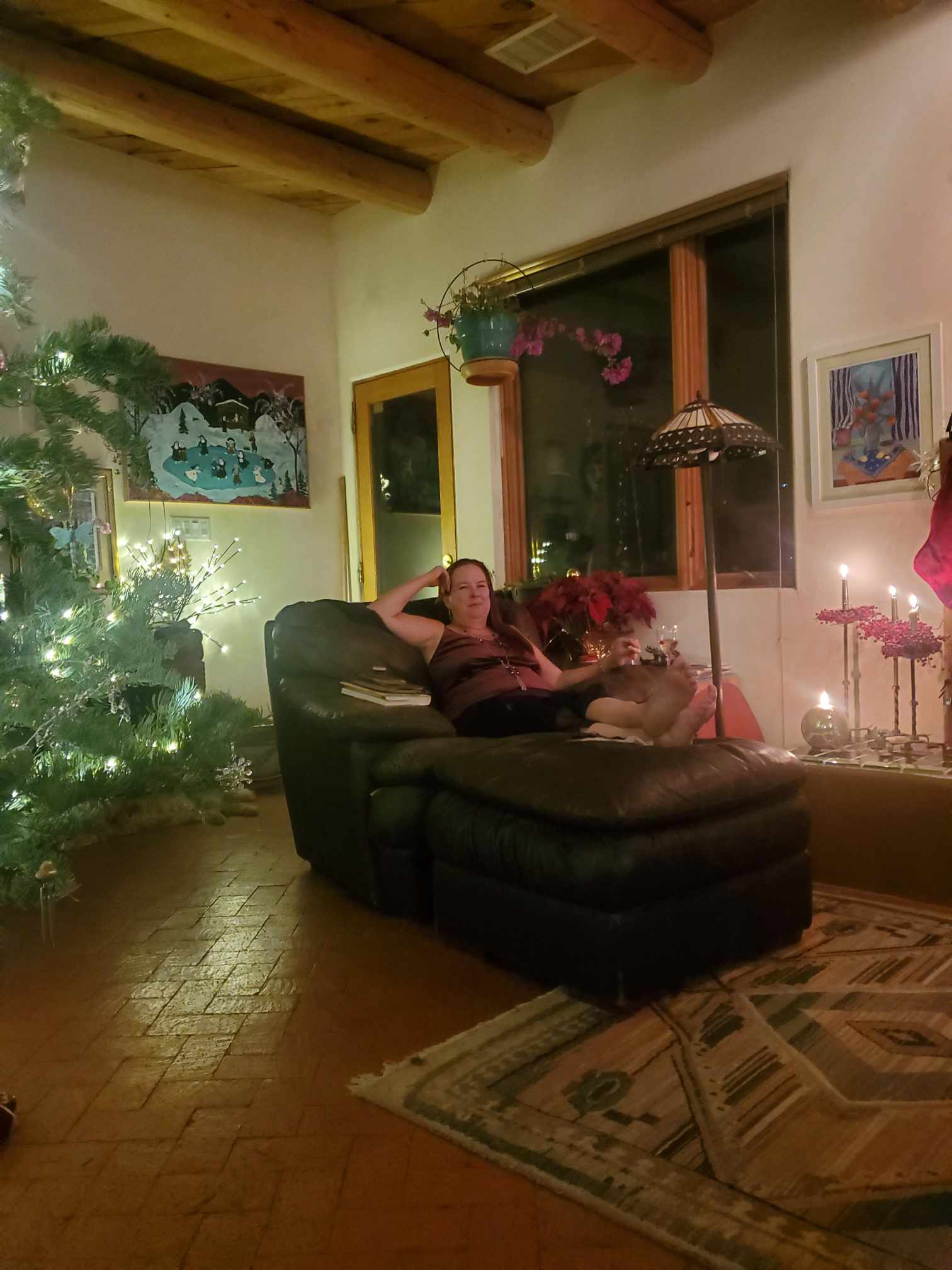
This will be my last podcast…of 2024! I’m talking about a cool goal-setting trick, what I noticed about taking time off and aggressive well-refilling in general, feeling that creative impulse and looking to the year ahead.

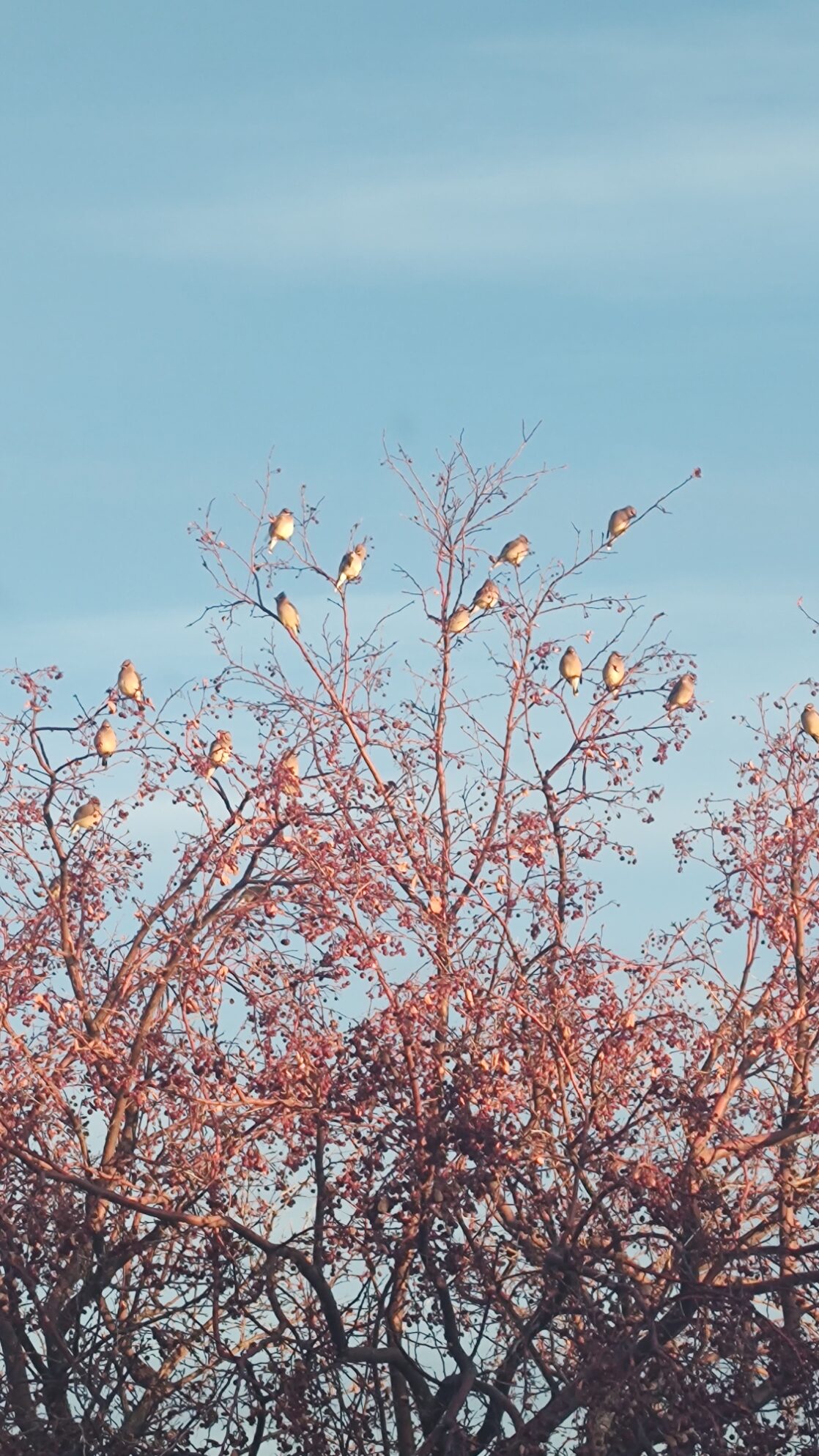
I’m burbling away today all the great stuff going on with NEVER THE ROSES – including the *super cool* Owl Crate edition plans, updates on the upcoming cover reveal, UK release, audiobook (dual narration!) and why working with traditional publishing can be so great.
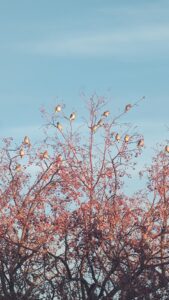
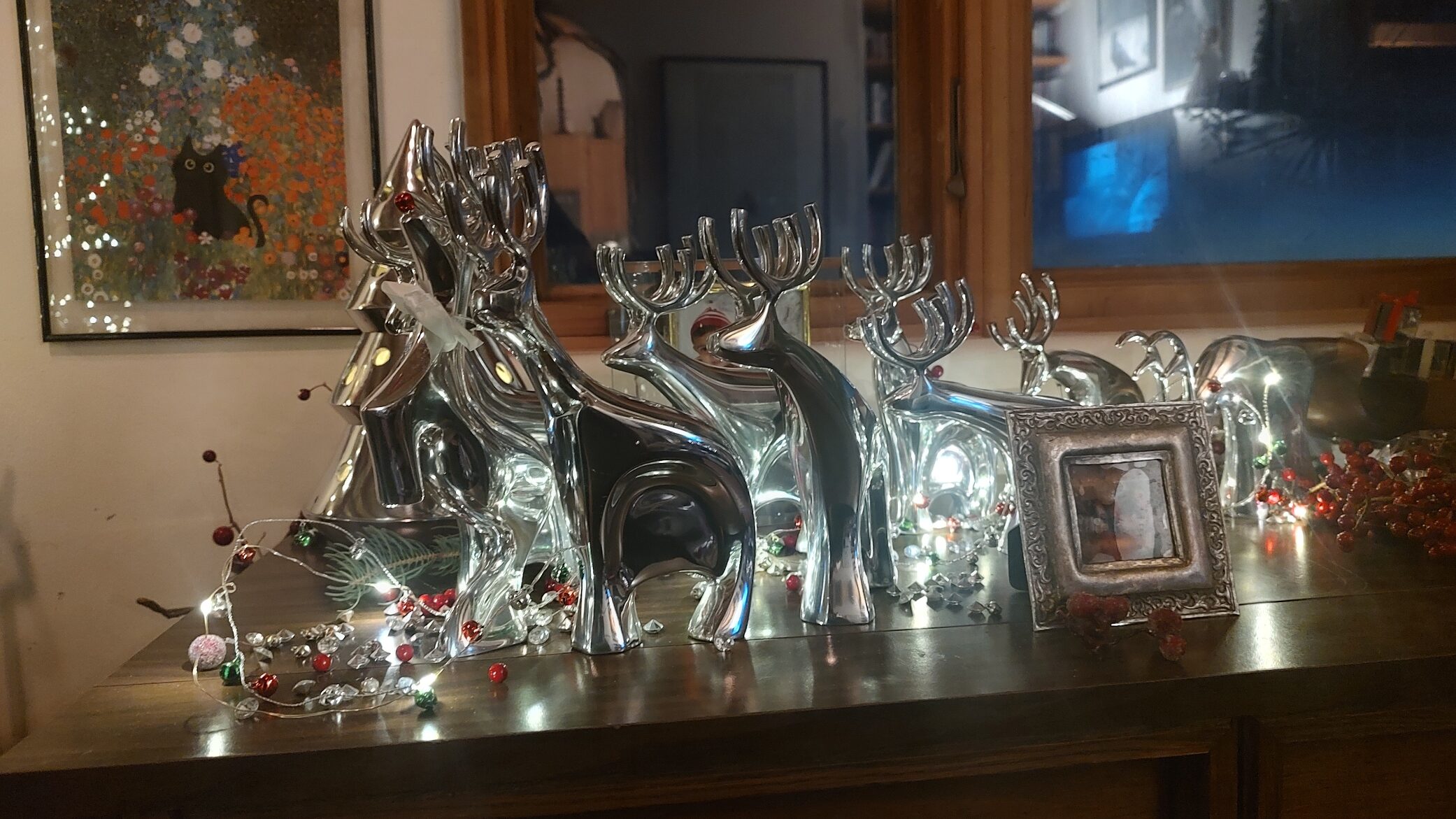
On writing through trauma, and then not remembering what I wrote! My exciting new vacuum cleaner (lol) and the birth of social media. Also, having the confidence (and blessing) of a cis-het white man in ignoring edits.

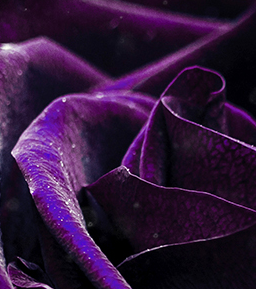
Understanding what I need regarding taking time off – or NOT! – and how important it is for us to collect data on our own process. Also, the inevitability of losing friendships as we build our careers and businesses.

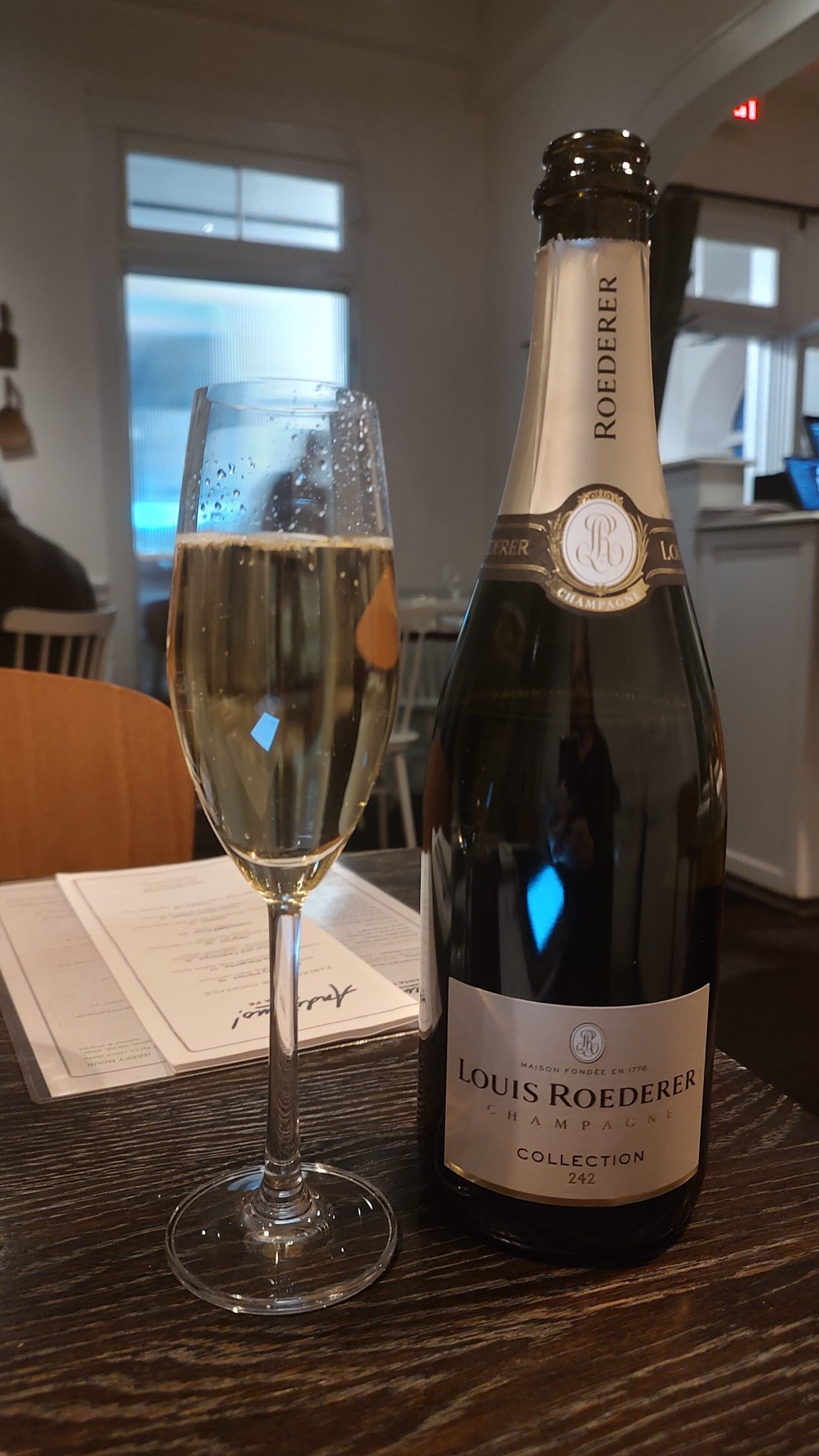
Sharing some excellent, exciting news on NEVER THE ROSES, along with an unexpected challenge of having a pen name, a tip on developing an author signature, and how we don’t have to do something we don’t want to do.
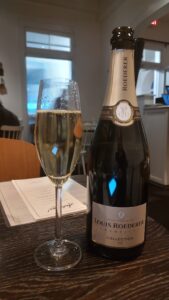
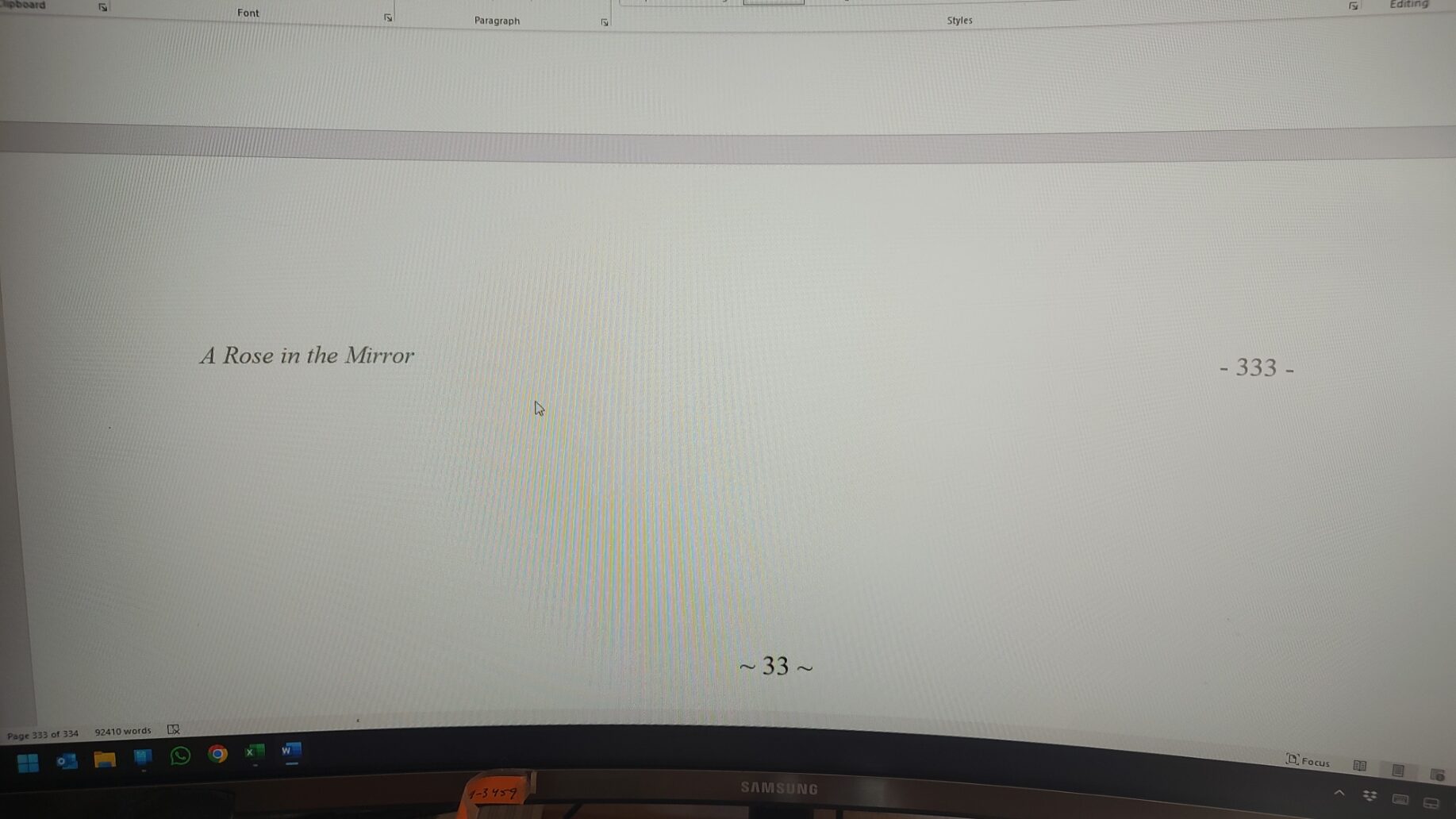
I’m finishing A ROSE IN THE MIRROR today!! On story structure, beats, and how this strange book has been spot-on. Also, the long-game, how a writing career can go wrong and instead shooting for a sustainable life as an author.
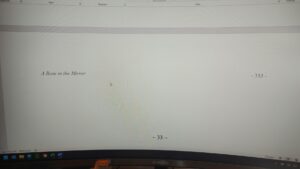
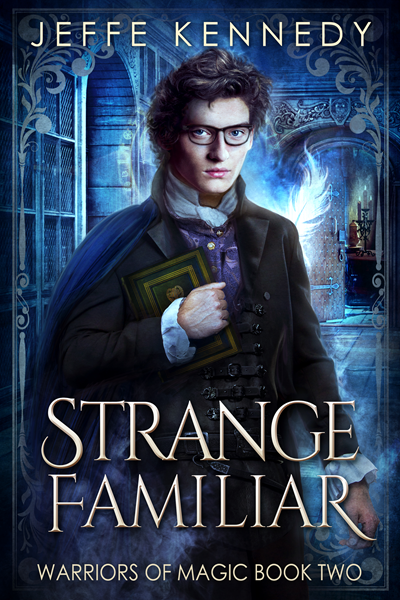
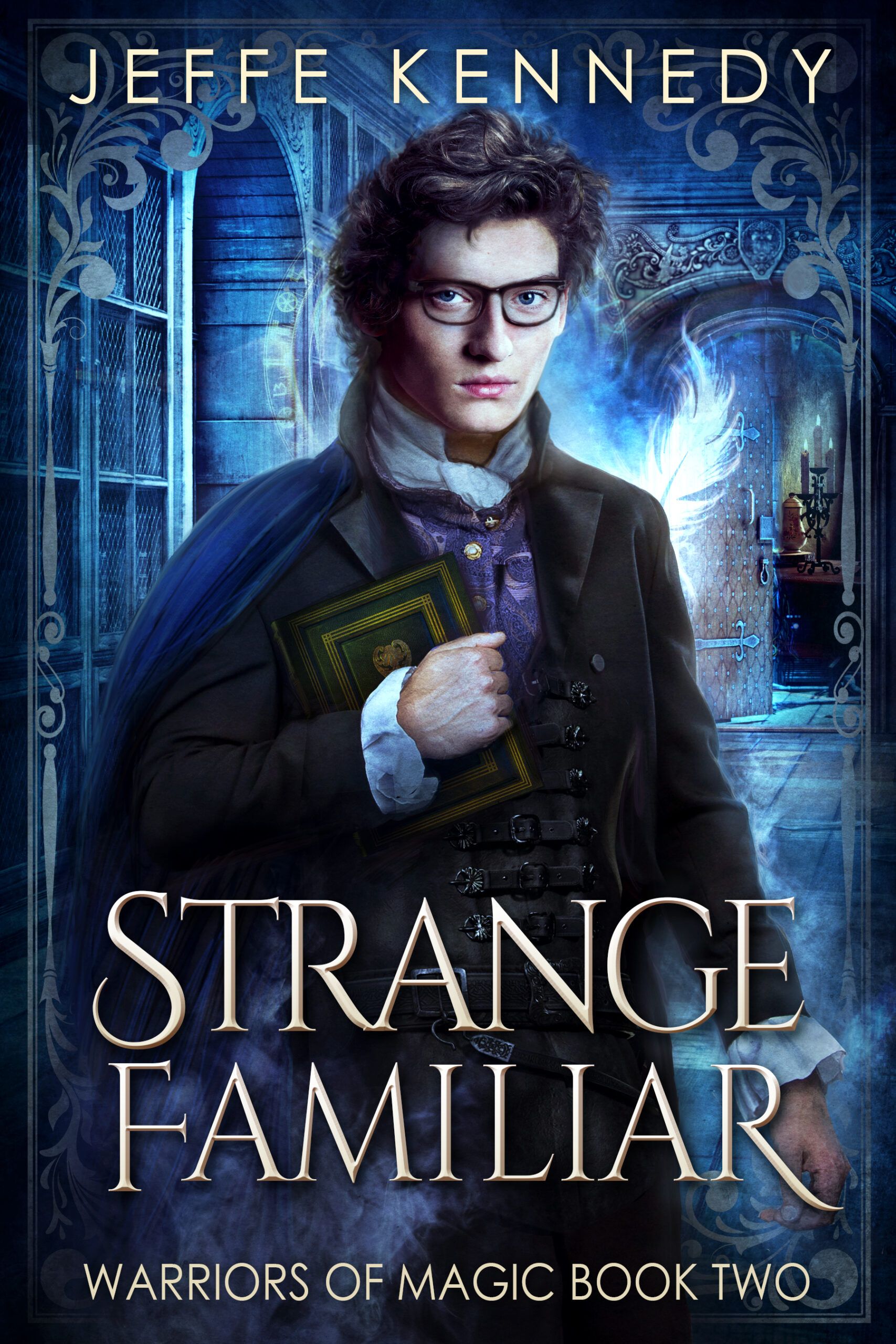
A cover reveal today of STRANGE FAMILIAR! Also a discussion of Avenger’s Endgame and my epiphany on the strategic element that elevates a fight/battle scene from mutual bashing to epic storytelling.
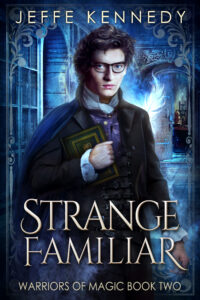
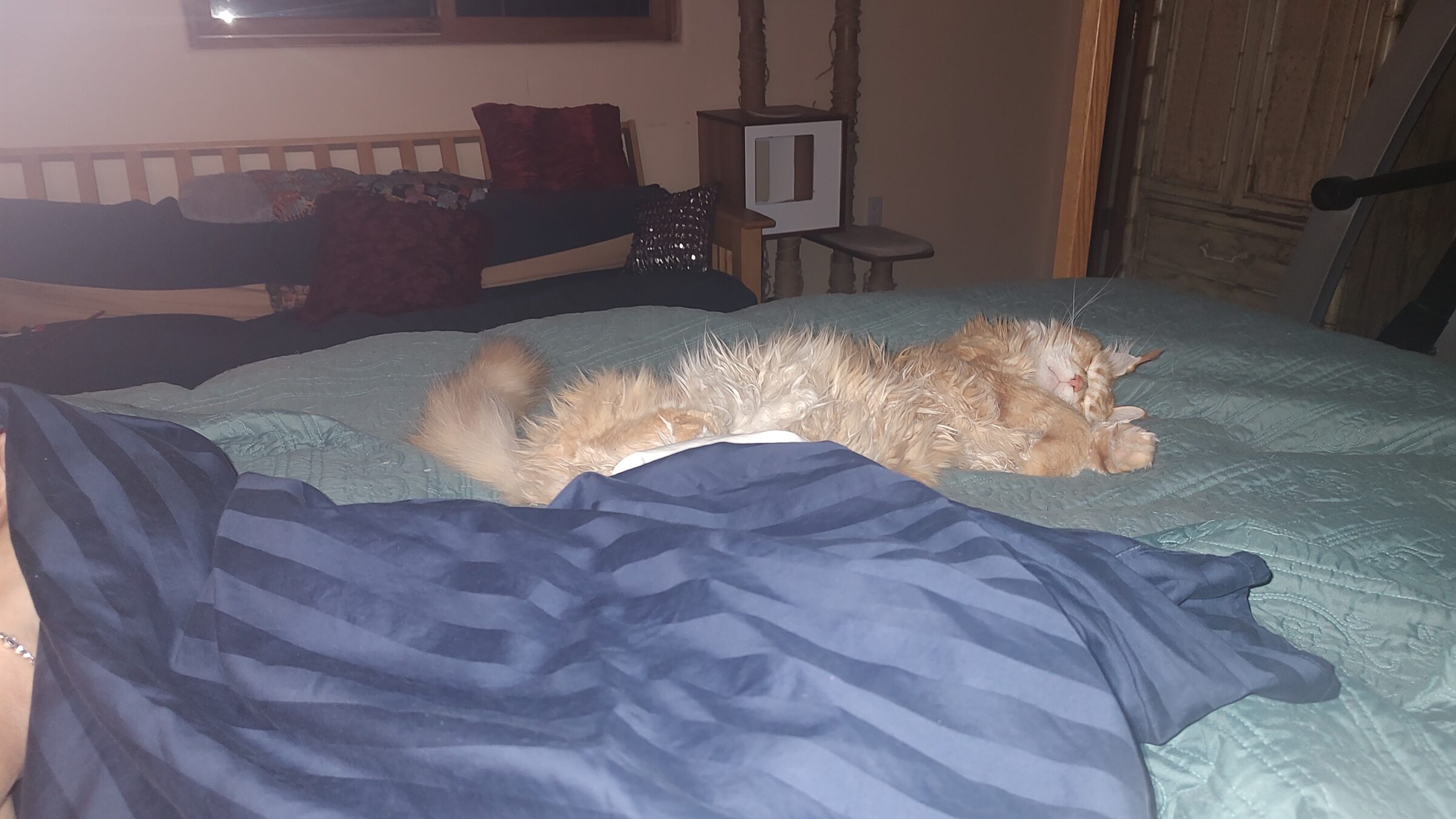
On Yog’s Law – that money must flow to the creator – and why paying a company to publish your books is a terrible idea. Also, why your creativity will beat “AI” and how you can make a living as a creator.
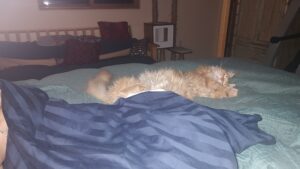
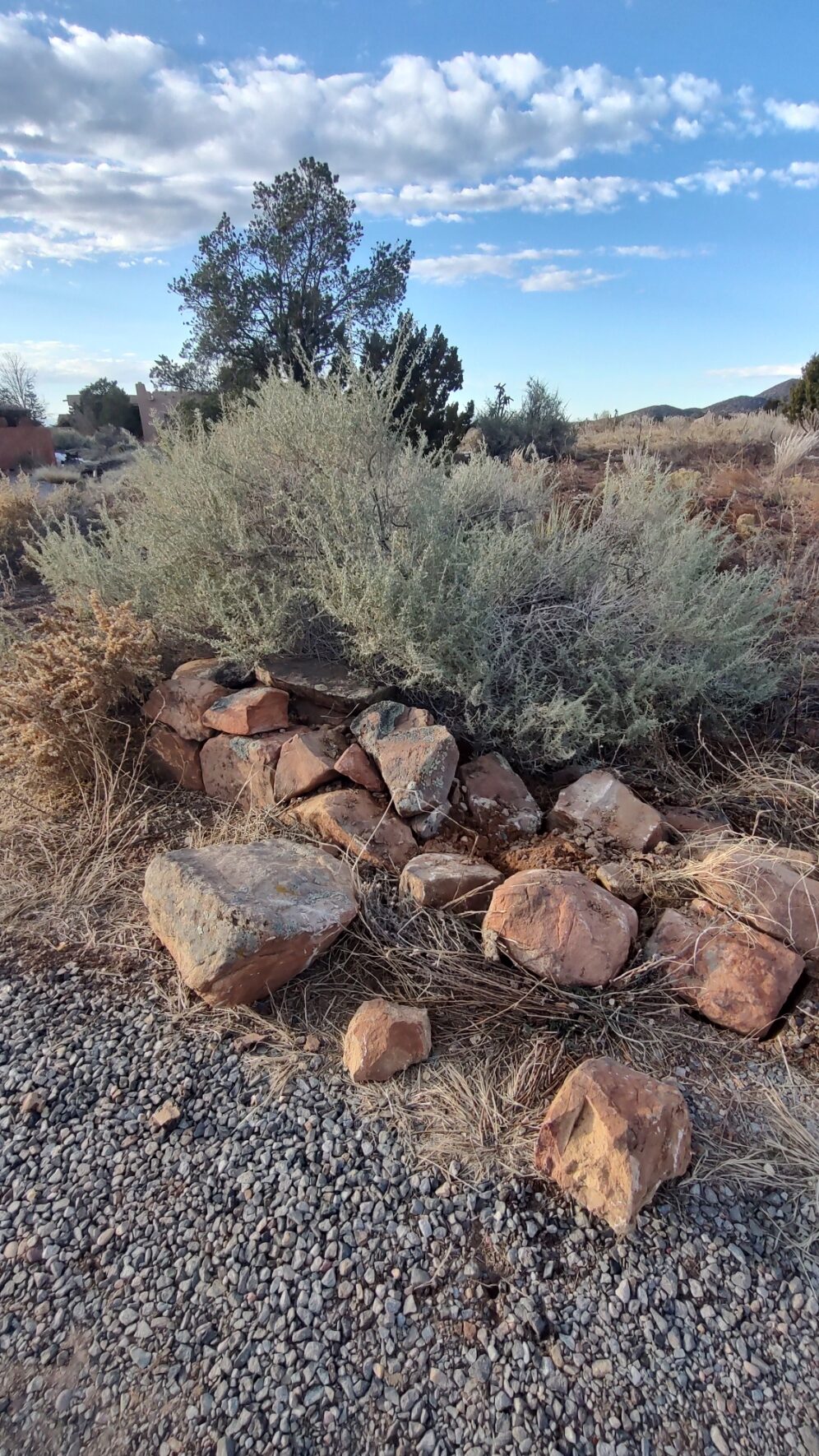
On giving ourselves permission to give less than 100% (or more) effort to tasks and projects that aren’t our priority. Insights I gained from Becca Syme’s Author Business Summit, sustainability of all our efforts, and taking time off.
